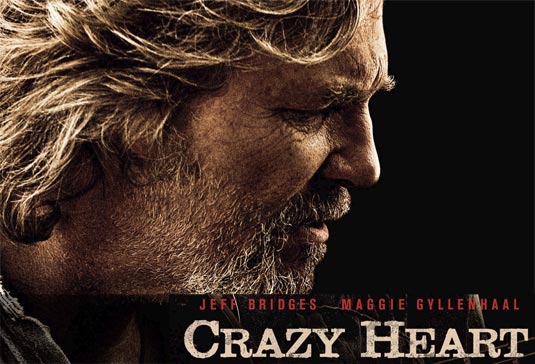- Where are you goin’?
- I’m goin’ to pick a fight.
One of the words not often associated with the death of Jesus is “battle”. N.T. Wright makes a good case for the importance of this association.
Wright is careful to highlight the consistency between Jesus’s death and his ministry up to that point. Jesus’s prophetic announcement throughout his career was “The kingdom of God is at hand”. In other words, “At long last YHWH is becoming king”. And if YHWH was becoming king, the present rulers of Israel (and the world) needed to be relinquished of their power; they needed to be defeated and dethroned.
Here is where a double twist occurs.
Jews saw Rome as the enemy, the pagan nation that needed to be defeated. If YHWH is to become king, they thought, then the Roman empire must be put to the sword. This was to be the task of the Messiah, after all.
Jesus thought differently, however, and as we saw earlier, that is part of the reason he was killed. For Jesus, Israel’s enemy in need of defeat was the satan; the evil one who went about stealing, killing, and destroying. The mission of Jesus, therefore, was to confront and defeat this enemy. It was the satan who had gripped the hearts of Israel and turned them against YHWH; it was the satan who caused sin and death to reign; it was the satan who made it always winter but never Christmas. But with the kingdom of God at hand, the satan’s time was coming to an end, his spell was being broken. Through Jesus, YHWH was bearing his teeth and winter was meeting its death. Through Jesus, YHWH was shaking his mane and spring was returning once again. The kingdom not of this world was replacing the present kingdom, but it would take a decisive battle to seal the victory.
This leads to the second twist, which is that the battle scene was in fact the hill of Calvary where Jesus died. Jesus went to pick a fight with the following vision: death was to be defeated through a death; victory was to be achieved by a righteous victim; the suffering servant was to be the surprising messiah who would conquer the reign of sin and death once and for all.
Rome was not the enemy, and triumph would not come by the sword. Jesus died because he envisioned a different sort of battle with an enemy even fiercer than ruthless Rome; and more than that, he died because he knew that only his own undeserved death at the hands of evil could complete his life’s work. N.T. Wright phrases it like this:
…Jesus took his own story seriously - so seriously that, having recommended his followers to a particular way of being Israel-for-the-sake-of-the-world, he made that way thematic for his own sense of vocation. His own belief about how the kingdom would come through his own work. He would turn the other cheek; he would take up the cross. He would be the light of the world, the salt of the earth. He would be Israel for the sake of the world. He would be the means of the kingdom’s coming, both in that he would embody in himself the renewed Israel and in that he would defeat evil once and for all. But the way in which he would defeat evil would be the way consistent with the deeply subversive nature of his own kingdom-announcement. He would defeat evil by letting it do its worst to him.
What Jesus talked about throughout his ministry, he demonstrated thoroughly on the cross. But although Jesus called his disciples to take up their crosses follow him, only he could do what he did at Calvary. The hopes of Israel and the hopes of the world rested on his shoulders alone. Neither Israel nor the world recognised this of course. Their human wisdom could not solve the mystery of the cross, so all that was left for them to do was either taunt “The king of the Jews” as he was crucified or mourn bitterly over the death of the one many had hoped would redeem Israel.
To both groups -- the mockers and the mourners -- the battle was lost. Rome had won again, and things would go on as normal. Though Jesus died for different reasons -- the selfish rule of Pilate, the upholding of justice by would-be Law observers, the sense of vocation he himself possessed -- the simple fact was that he died.
On Saturday, the question “Why did Jesus die?” was merely academic. Sunday, however, would change that. Sunday would bring the question to life, and offer answers to be given from that moment on; answers that would demonstrate Jesus to be who he said he was and to have accomplished what he said he would accomplish. One of those answers was given by Paul, who could write roughly two decades later that Jesus "loved me and gave himself for me".

